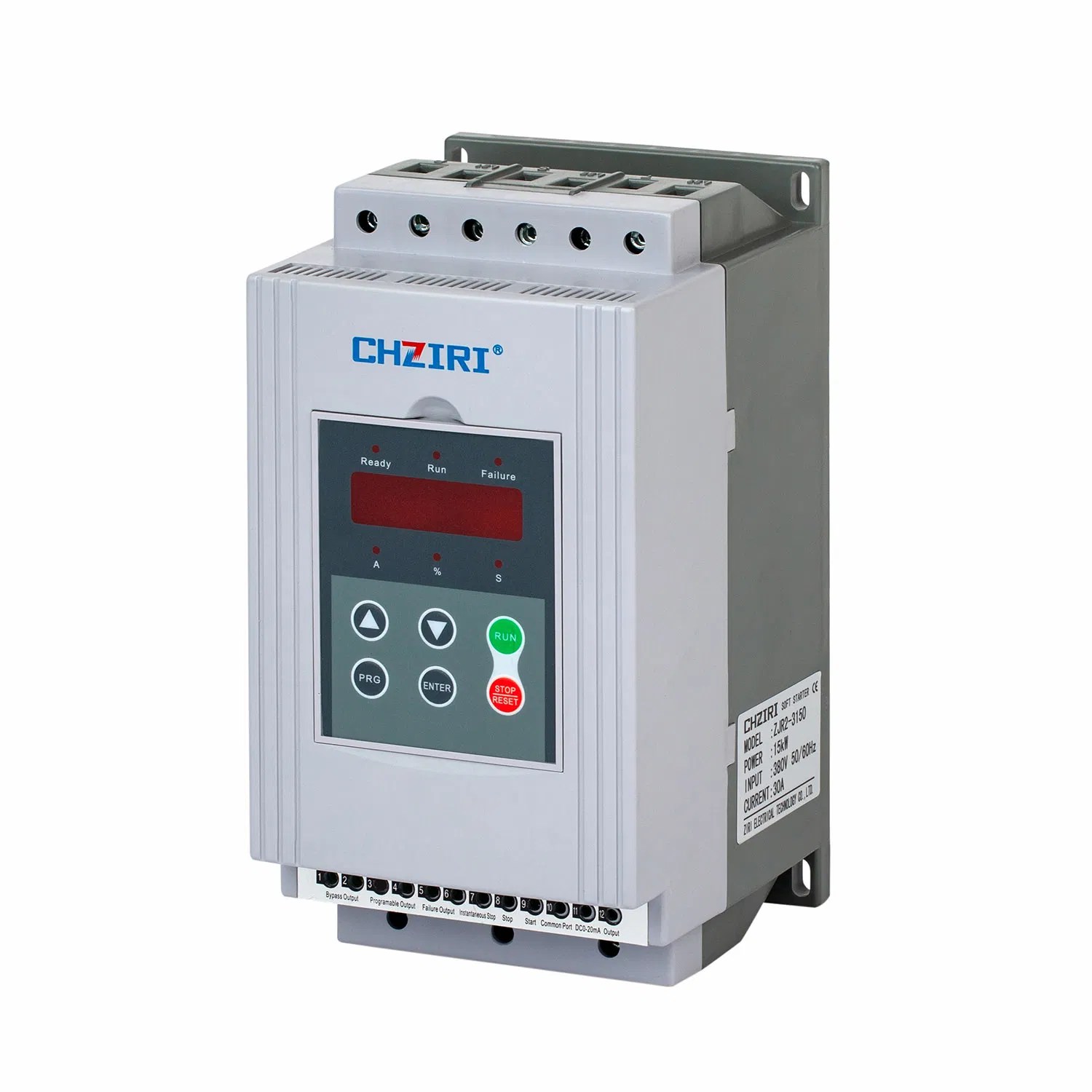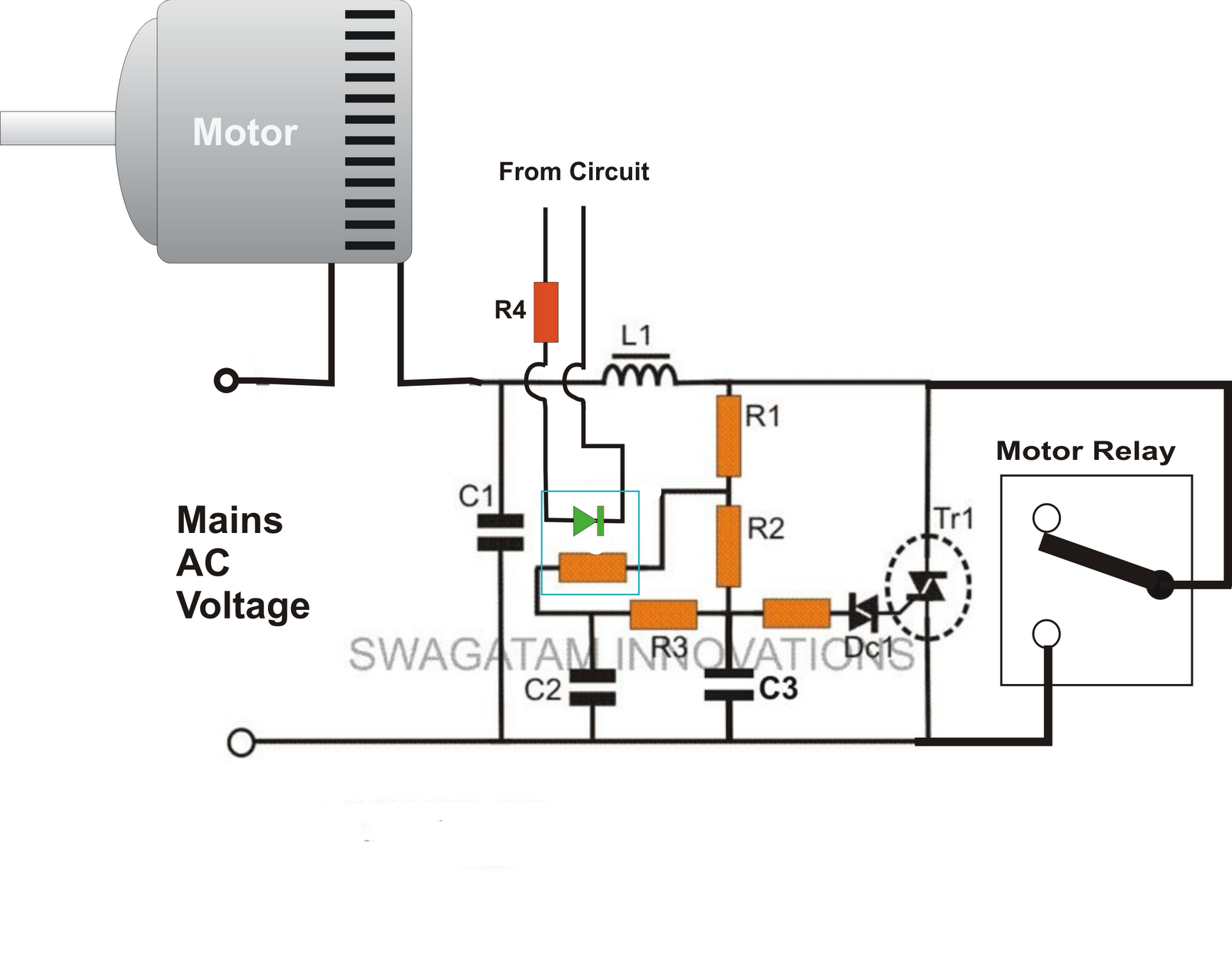Tame Your AC's Power Surge: The Ultimate Guide to Soft Starts
Is your AC unit's power surge giving you a jolt? Imagine a world where your air conditioner kicks on smoothly, without that jarring electrical surge that can dim your lights and stress your home's wiring. That's the promise of a soft starter for your central AC unit – a device designed to gently ramp up the motor's power, saving you energy, money, and extending the life of your cooling system. But how does it work, and is it right for you? This guide delves into the world of soft starting, exploring its benefits, installation, and potential pitfalls.
A soft starter, also known as a soft start device or reduced-voltage starter, is an electronic controller that reduces the initial voltage applied to an AC motor during startup. This controlled voltage ramp-up minimizes the inrush current, which is that initial surge of power that traditional AC units demand when they turn on. This surge can be several times higher than the normal operating current and can contribute to wear and tear on the compressor, the heart of your AC unit.
The history of soft starting technology can be traced back to the development of power electronics. Early methods involved mechanical systems, but the advent of solid-state devices revolutionized the field, enabling smaller, more efficient, and more reliable soft starters. Initially used in industrial settings, the technology gradually made its way to residential applications, driven by the increasing demand for energy efficiency and equipment protection.
The significance of soft starting goes beyond just protecting your AC unit. It plays a crucial role in energy conservation by minimizing wasted power during startup. It also helps reduce stress on the power grid, especially during peak demand periods when multiple AC units are cycling on and off. Common issues with soft starters can include improper sizing, incorrect installation, and occasional component failure. However, the benefits often outweigh these potential drawbacks, making soft starting a valuable addition to any central AC system.
For instance, imagine a large commercial building with multiple AC units. Without soft starters, the combined inrush current when all these units start up could overload the electrical system. Soft starters alleviate this problem, ensuring smooth and reliable operation. In a residential setting, a soft starter can prevent flickering lights and potential damage to sensitive electronics when the AC kicks on.
One key advantage of a soft start kit for your AC unit is the reduction in wear and tear on the compressor. By minimizing the initial stress on the motor, a soft starter extends the lifespan of the compressor, saving you on costly repairs and replacements down the road.
Another significant benefit is energy savings. While the amount of energy saved per start-up cycle might seem small, these savings add up over time, especially during hot summer months when your AC unit is constantly cycling. Lower energy consumption translates to lower utility bills, putting money back in your pocket.
Finally, soft starters contribute to a quieter operation of your AC unit. The reduced inrush current and gentler startup result in less noise and vibration, creating a more peaceful home environment.
If you’re considering a soft start device, consult with a qualified HVAC technician to determine the correct size and type for your specific AC unit. They can also advise on the best installation practices and ensure compatibility with your existing electrical system.
Advantages and Disadvantages of Soft Start for Central AC Units
| Advantages | Disadvantages |
|---|---|
| Reduced Inrush Current | Initial Cost |
| Extended Compressor Lifespan | Complexity of Installation |
| Energy Savings | Potential for Component Failure |
| Quieter Operation |
Frequently Asked Questions about Soft Starters for Central AC Units
Q: How much does a soft starter cost? A: The cost varies depending on the size and type of soft starter, but you can typically expect to pay between $200 and $500.
Q: Can I install a soft starter myself? A: While some homeowners may have the electrical skills required, it's generally recommended to hire a qualified HVAC technician for installation.
Q: How long do soft starters last? A: With proper installation and maintenance, a soft starter can last for many years, often exceeding the lifespan of the compressor itself.
Q: What happens if a soft starter fails? A: In most cases, the AC unit will revert to its normal starting behavior, with the high inrush current. A failed soft starter should be replaced as soon as possible.
Q: Are soft starters compatible with all AC units? A: Most modern AC units are compatible with soft starters, but it’s always best to check with your HVAC technician to ensure compatibility.
Q: Will a soft starter void my AC unit’s warranty? A: A properly installed soft starter should not void your warranty. Consult with your HVAC technician and the manufacturer for clarification.
Q: How can I tell if my AC unit has a soft starter? A: Look for a separate device installed near the compressor or check your AC unit’s documentation.
Q: What are some signs that I might need a soft starter? A: Frequent compressor failures, flickering lights, and excessive noise during AC startup can indicate a need for a soft starter.
Tips and Tricks: Regularly inspect your soft starter for any signs of damage or wear. Ensure proper ventilation around the soft starter to prevent overheating. Consult with your HVAC technician during your annual AC maintenance to check the operation of the soft starter.
In conclusion, a soft starter for your central AC unit is a valuable investment that provides numerous benefits. From reducing energy consumption and extending the lifespan of your compressor to minimizing noise and protecting your home’s electrical system, the advantages of soft starting are substantial. While there may be some initial costs and installation complexities, the long-term savings and peace of mind they offer make soft starters a smart choice for any homeowner looking to maximize the efficiency and longevity of their cooling system. Take control of your AC's power surge and enjoy the smooth, quiet, and energy-efficient operation that a soft starter provides. Contact a qualified HVAC technician today to learn more about how a soft start device can benefit your home.
Exploring the diverse meanings of conductor
Finding meaning exploring todo lo que dios permite es necesario
Navigating probate in cook county georgia














